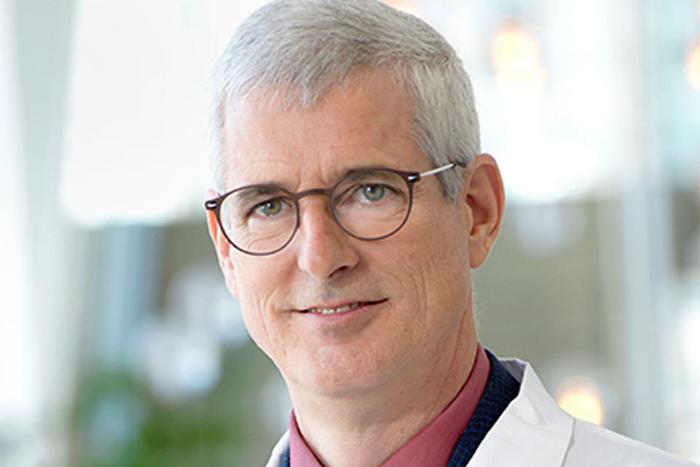As space travel becomes more frequent, a new biomarker tool was developed by an international team of researchers to help improve the growing field of aerospace medicine and the health of astronauts.

Credit: University of Ottawa/OHRI
As space travel becomes more frequent, a new biomarker tool was developed by an international team of researchers to help improve the growing field of aerospace medicine and the health of astronauts.
Dr. Guy Trudel (Professor in the Faculty of Medicine), Odette Laneuville (Associate Professor, Faculty of Science, and Director of the Biomedical Sciences) and Dr. Martin Pelchat (Associate Professor in the Department of Biochemistry, Microbiology and Immunology) are among the contributors to an international study led by Eliah Overbey of Weill Cornell Medicine and the University of Austin. Published today in Nature it introduces the Space Omics and Medical Atlas (SOMA), a database of integrated data and sample repository from a diverse range of space missions, including from SpaceX and NASA.
Space travel creates cellular, molecular, and physiological shifts in astronauts. SOMA is expected to provide a much necessary biomedical profiling that can help tease out the short and long-term health impacts of spaceflight. This will bring needed health monitoring, risk mitigation, and countermeasures baseline data for upcoming lunar, Mars, and exploration-class missions. It is meant to help keep astronauts and space travelers alive and healthy.
It may also have some intended use here on Earth.
“This represents a breakthrough in the study of human adaptation and life in space. Since many of the changes in astronaut in space resemble those of people who are immobile in bed, these studies can be clinically relevant. The data are therefore important for future space exploration while also providing a correlation to people on Earth with limited mobility or who are bedridden before their rehabilitation,” says Dr. Trudel, a rehabilitation physician and researcher at The Ottawa Hospital who has focused on space travel and its effects on the human immune system.
Highlights of the study, include:
- The Atlas includes extensive molecular and physiological profiles encompassing genomics, epigenomics, transcriptomics, proteomics, metabolomics, and microbiome data sets, which reveal some consistent features across missions.
- Samples were taken pre-flight, during, post-flight and throughout the recovery period.
- Comprehensive profile of the physiological changes of the I4 crew (ages 29, 38, 42, 51) and 13 unique biospecimen sample types were collected and processed.
- 2,911 samples were banked with over 1,000 samples processed for sequencing, imaging, and biochemical analysis creating the first-ever aerospace medicine biobank.
- The SOMA resource represents an over 10-fold increase in total publicly available human space omics data.
“The University of Ottawa’s Faculty of Medicine, its Faculty of Science, and The Ottawa Hospital’s Bone and Joint Research laboratory have a long history of contributions and successes in studying human adaptation to space. They also involve students from different programs, providing a unique learning experience in both bone and joint health, and in the rapidly developing field of aerospace medicine,” adds Dr. Trudel.
Journal
Nature Communications
DOI
10.1038/s41467-024-49289-8
Method of Research
Imaging analysis
Subject of Research
People
Article Title
Spatiotemporal expression and control of haemoglobin in space
Article Publication Date
11-Jun-2024




